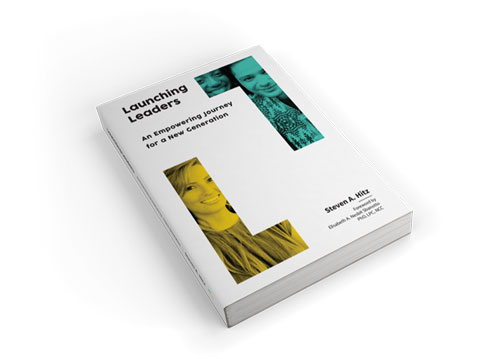I remember in junior high school, I had a quarrel with one of my friends. I don’t remember the reason for the dispute. What I do remember is that my friend was twice the size of me, and was by nature a bully. We decided to fight.
We established the showdown at “high noon,” and the rules were laid out. We agreed that we would fight, but that we wouldn’t hit each other in the head. Weird huh? I’m pretty sure this was my idea? It should be no surprise to anyone but me, that his first blow was to my head. I ran home with a bloody nose and a black eye.
As I relive that event, I think how cool it would have been to give him a look (after he broke the rules) that said “oh, so you don’t want to play by the rules do you?” and proceeded to kung Fu him—like karate kid on steroids. My fame in the school I attended (high school total of about 40) would have put me on top of the heap. The girls would have swooned over me. The guys would have looked upon my prowess in awe and asked for my advice on girls. When I smiled, there would be a sparkly glisten from my teeth like in TV toothpaste commercials. I would be like a cross between Jackie Chan and James Bond—OK, WAKE UP!
This experience taught me at an early age to be cautious in trusting, but it also caused me to make a decision; would I run because of my self-doubt, or would I leave the sidelines and enter the game of life. There is a balance. If we don’t act on some level of trust and we choose to not play, we risk losing out on lessons learned and experiences lived.
Ultimately however, my “fight” experience was a result of a lack of self-confidence and a fear for the unknown. That’s why I tried to establish fight rules that would give me a chance. I really didn’t want to step into the fight ring; I had significant doubt I would emerge victorious. I use this as an analogy of course as I am not a proponent of fighting at all, but use this experience to make a few points about overcoming doubt, and stepping into life’s experiences with the best chance for success.
Most people doubt themselves, and one should be authentic about that. Some doubt is good as it invites growth and change. Here are four ways that self-doubt allows you to step into your greatness:
1. Be transparent with self-doubt. Some might call this humility, the idea that we just don’t have all the answers. If we are transparent about our doubts, they need not lead to despair or tragedy. Doubt is not a phase like teenage acne, something that goes away in time. One should find a supportive and safe place (trusted friends and mentors) to discuss your doubts as you prepare your next positive steps. Share the burden and the joy.
2. Recognize the positive in doubt. As our Millennial friends have taught us, having doubts and questioning is one phase of pushing back on the status quo, and in seeking the why behind the what. Here are some positives about doubt:
- Invites self-reflection. Looking in the mirror and establishing the source of the doubt is important.
- Encourages vigilance. Just going with the flow doesn’t resolve doubts.
- Increases urgency. Why procrastinate opportunities to clarify understandings.
- Elevates energy. There is a wonderful wellspring of joy that comes from movement.
- Inspires creativity. By eliminating doubts and establishing clarity, creativity is a natural byproduct.
- Intensifies openness. When you discover the freedom of transparency in overcoming doubts, you are more inclined to open up with friends and mentors in complete authenticity. Being real is refreshing.
3. Questioning is not necessarily doubt. Having doubt or even self-doubt is sometimes deemed as being negative—acting like the character Eeyore from Winnie the Pooh. The truth is, however, that doubt is really uncertainty. No one can be certain of outcomes. Even in science, the outcomes vary and change over time. One way to exercise doubt is to do so with positive intent. Question to understand first, not to condemn. The truth will rise to the top if you approach your doubts in this light.
4. Doubt should not be a silo. I have always been fascinated by the stories in the great book “Outliers” by Malcolm Gladwell; he makes a great comment after telling a story of perhaps the smartest man on the planet. He writes “It was a fact, He’d had to make his way alone, and no one—not rock stars, not professional athletes, not software billionaires, and not even geniuses—ever makes it alone.” When you have self-doubt, or doubts about your path, you don’t have to wallow in self-pity or figure out doubts alone; consult a mentor who should welcome the dialogue as you figure things out.
Whether your doubts are based on your perceived inabilities or fears, or whether they are based in realms of the spiritual, academic, professional or personal, these four tips can serve as a filter and guide for moving forward and replacing doubt with confidence and in allowing you to exercise trust in humanity. You will establish confidence to enter the playing field of life and not be paralyzed on the sidelines as life passes you by. You will not win every battle, and sometimes you will end up with a black eye and a bloody nose, figuratively. Everyone won’t play by the rules, and your self-confidence may wane at times in both humanity and things. But in the end your confidence will soar because you were willing to trust and play. Facing and overcoming self-doubt will allow you to step into your greatness.






